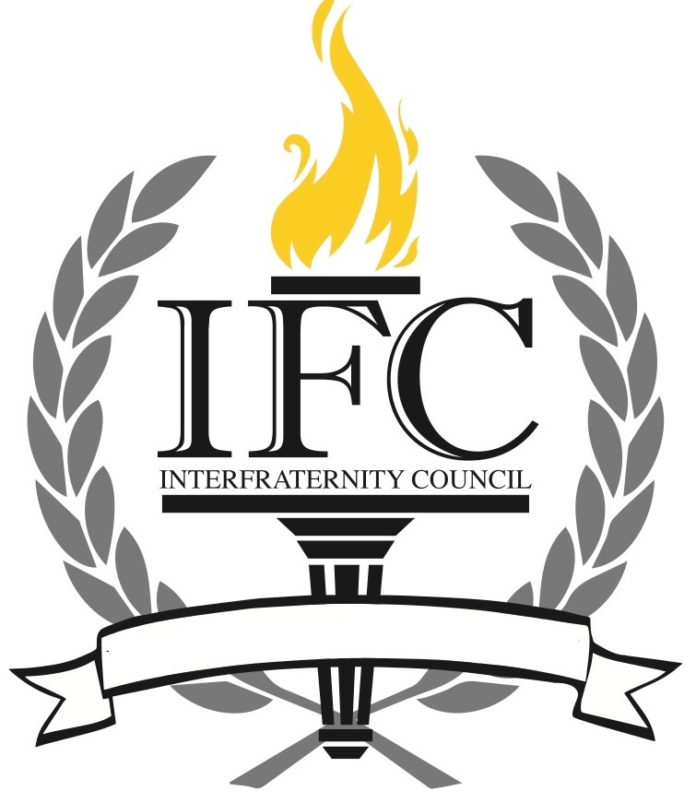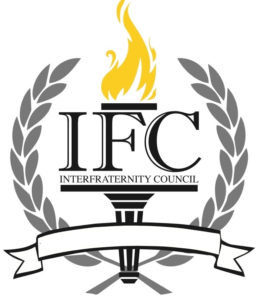
 Nolan Security informed DePauw University that they would not be able to serve as the security liaison for DePauw fraternities. As a result, Campus Living and Community Development (CLCD) and Interfraternity Council (IFC) have collaborated to alter the regulations of campus registered parties.
Nolan Security informed DePauw University that they would not be able to serve as the security liaison for DePauw fraternities. As a result, Campus Living and Community Development (CLCD) and Interfraternity Council (IFC) have collaborated to alter the regulations of campus registered parties.
Director of Public Safety, Angie Nally, said that Nolan Security started working for DePauw in 2013, when the campus was having similar concerns about alcohol and its use, distribution and management on campus.
Nolan Security’s role on campus was to serve as safety monitors by making sure that high risk situations were addressed and working with the Risk Management team of each individual fraternity.
“Nolan did not have an enforcement role within the fraternities parties because the fraternities do not necessarily always address underage drinking,” Nally said, “and it would be really problematic for Nolan to not address underage drinking if they had an enforcement role because it’s the law.”
Due to Nolan’s role not being one of an enforcer, they began to have concerns with regards to the behaviors happening in the fraternities, their level of liability versus how much money they were making, as well as the cooperation they were receiving from DePauw and fraternities. “I think it wasn’t working on both sides, I think the fraternities had some frustrations as well so it was just time for it to end,” Nally said.
After Nolan Security informed DePauw of their decision, prior to the beginning of first semester, CLCD met with IFC and Panhellenic to discuss both longterm and short term solutions since DePauw does not have the capacity or another security company willing to work for them. From those meetings and input from students, there are new requirements fraternities need to meet for their parties to be approved.
Now fraternities have to register events the Friday of the week prior to their event. Also, instead of only being allowed to have three registered parties fraternities in one semester, each fraternity can have as many events as they want. In addition, each party will be confirmed based on the fraternity’s standing, the effectiveness of their own risk management, and how well their last event went.
With the new regulations, fraternities are also not allowed to serve hard alcohol at parties. As a result, they are only permitted to serve wine and beer. “This doesn’t mean that hard alcohol can’t be consumed during the party, if a member wants to go into their room and serve themselves hard alcohol they can, we just aren’t using the fraternity’s social money to buy hard alcohol,” said president of IFC Nathan Reed.
The changes to how fraternities register parties, however, is only a short term solution. Long term, CLCD and IFC is still working together to find a permanent solution to Nolan Security no longer being affiliated with DePauw.
However, finding another security company might be difficult. Throughout the near four year relationship between DePauw and Nolan, CLCD searched for a third party vendor for fraternities to have other options but they couldn’t find one that would meet University standards.
Nally explained that when they first looked for a security company before they hired Nolan most security companies would just hang up on them. “It is such a liability for a security company to work with fraternities that are serving alcohol because of the underage drinking and the high risk of underage drinking,” said Nally.
Dean of Students Myrna Hernandez said, “DePauw is looking at a lot of different things, we need to explore whether we have other security options, we need to explore the type of events we register.”
Currently, Depauw Collaborative, composed of students, faculty, and staff is working on how to better the way alcohol is handled on campus. They will be working closely with CLCD to create new initiatives and work with the faculty, staff, and students on DePauw Collaborative in order to make decisions on how DePauw handles alcohol and registering events with alcohol.
Reed hopes the no hard alcohol restriction will continue the and hopefully move towards a keg system, which IFC and CLCD are discussing. “The whole plan is to mitigate that risk, hard alcohol is one of the strongest factors of people in the hospitals,” said Reed, “But if you drink a lot of beer you get full before you get to that point of being inebriated.”
